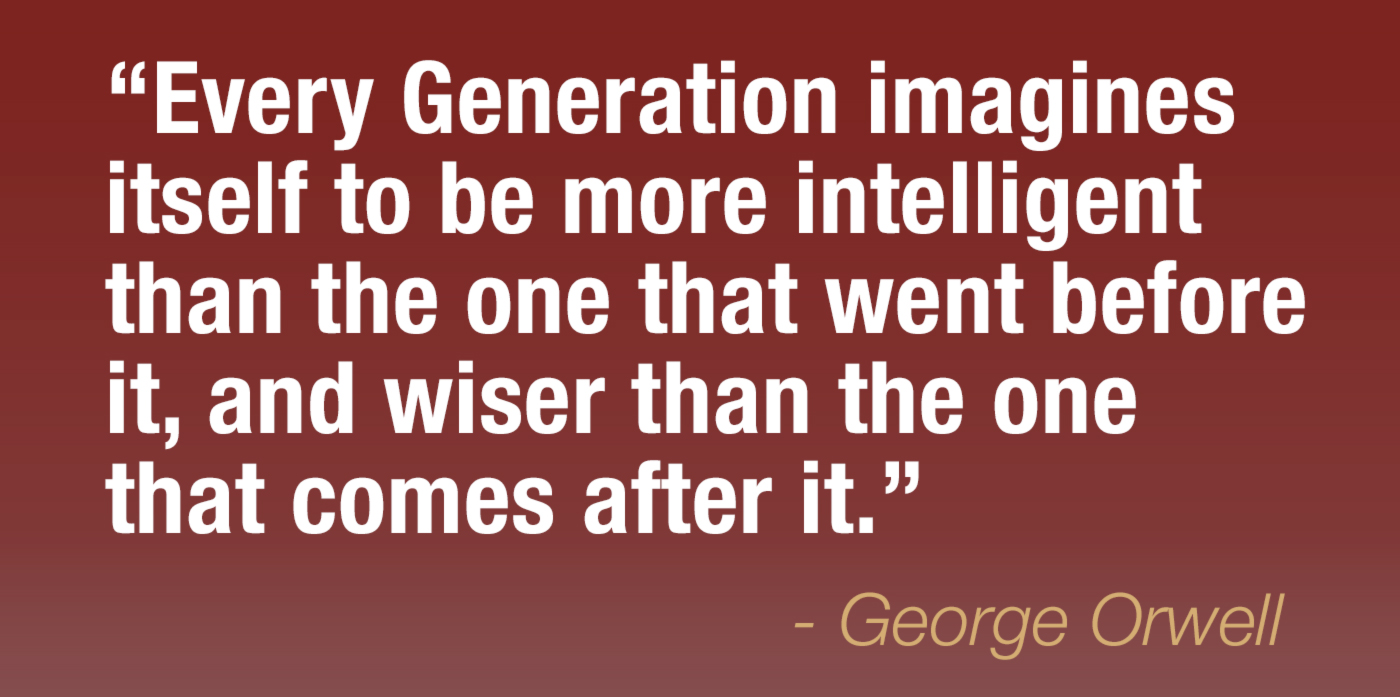TxSSC
Adults: Lagging in Internet Understanding
Adults warn young people about dangers and say, “Kids today think they know everything.” Adults have forgotten they once had a teen brain filled with hormones and immature prefrontal cortex (decision-making and impulse-control portion of the brain) long before experience made them more aware of suspicious people and situations. A big difference between when adults were young and today is back then all of the bad decisions they made were likely not captured forever on the internet. As a result, adults often want to warn young people that decisions can be captured forever online and can impact their life far into the future. Some adults even joke they would not have a job if there was proof of things they did when they were young.
Young People: Pioneers of a Whole New World
Dr. Jean Twenge Professor of Psychology at San Diego State University, and author of more than 140 scientific publications, has labeled those born between 1995 and 2012 as the “iGen” generation because those born during these years have grown up with smartphones.
Marc Prensky states that there is already evidence that young people’s brains are forming differently, resulting in a generation that is learning differently. As the pioneers of this new frontier, today’s young people will be the ones to change schools, laws, communication styles, and business. Because of the technology that has existed since the development of the internet, we now have unlimited access to information and people around the world. As a result, you have been exposed to more than any other generation before you.
The Downside…
Previously, predators had to be in the same place as the victim to harm them, but instant access to the internet has changed that. Now, as connected members of the global village, our entire lives happen online with no training or history to guide us. The internet, like any tool, can be used for good or evil. Right now, it is a predators’ paradise. Parents and trusted adults want to believe children are safe when they are home, but predators can access anyone at any time and in any location thanks to the internet.

You are young, enthusiastic risk-takers and know about places on the internet most adults do not even know exist. What you may not understand is that predators also understand this, and much more. Real-world experience and knowledge come with age and time. Think about what you believed and thought you knew five years ago. Looking back, you will likely see that you thought you knew so much, and now you know so much more than that. When graduating middle school, young people may think, “Now, I know it all.” Then they graduate high school, and think, “Okay, I thought I knew everything in middle school, but now I am an adult, and I know all there is to know.” But then, they go on to college, or they have a few additional years of adult experience and they recognize they actually know very little at all.
With age and experience comes wisdom. Part of that wisdom is recognizing there is a vast world of knowledge and expertise out there and you only know a portion of it. That is where parents and trusted adults are coming from when they talk about knowing more than you and to beware of predators online. It comes from a place of experienced-adult-understanding that there is so much more wisdom that you have yet to possess. Although you may know more than some adults about the internet, adults know more about the dangers of the internet and the world.
